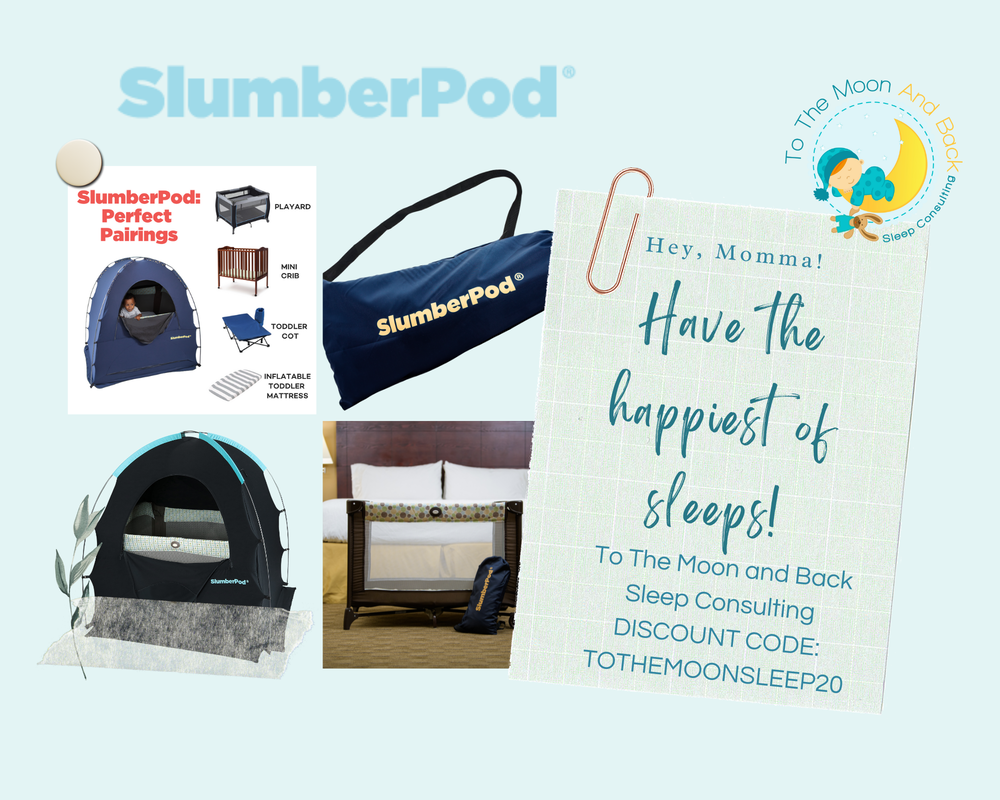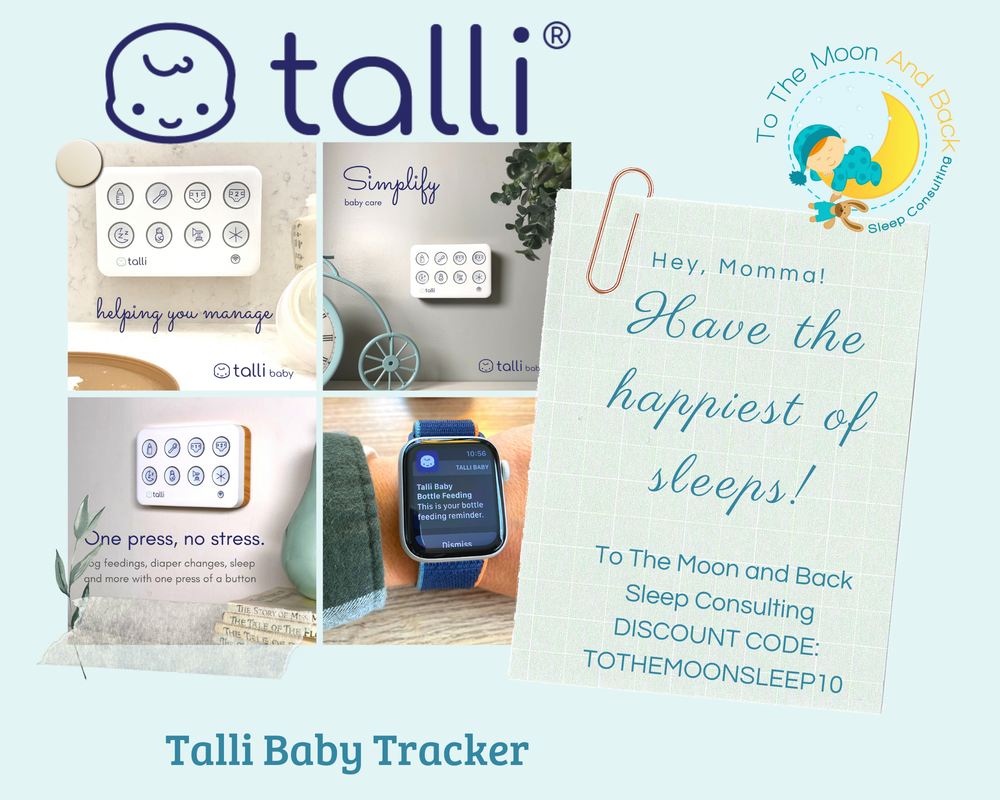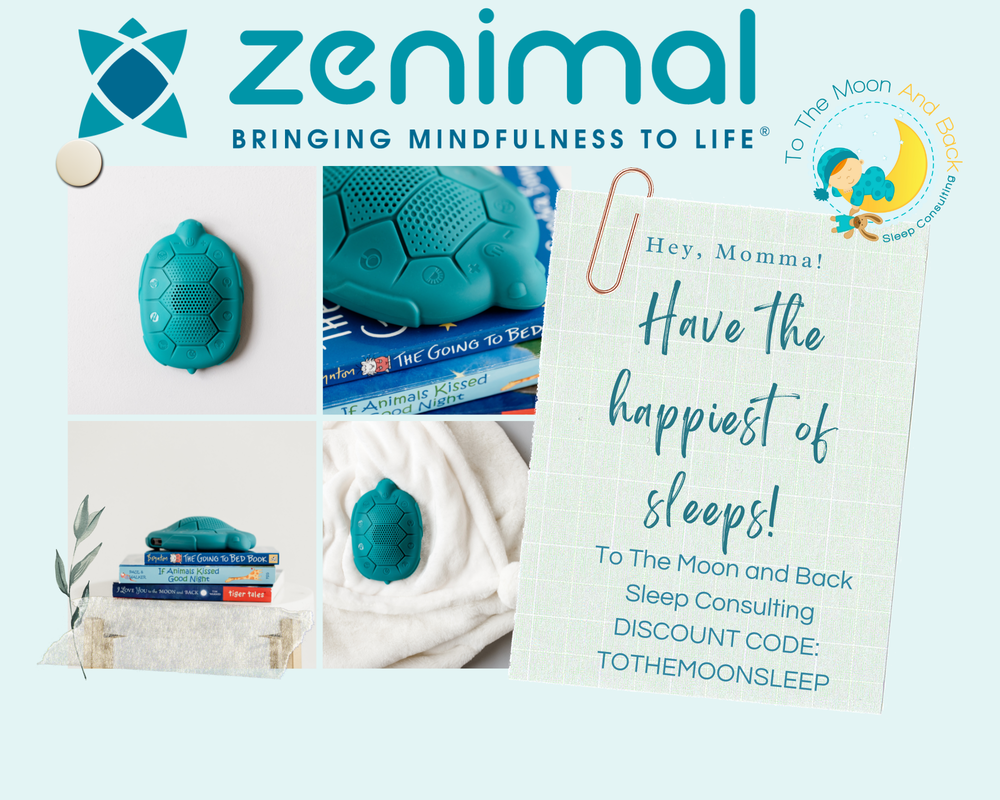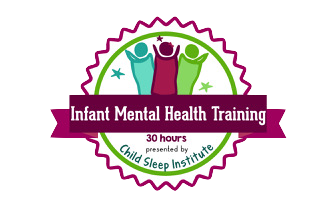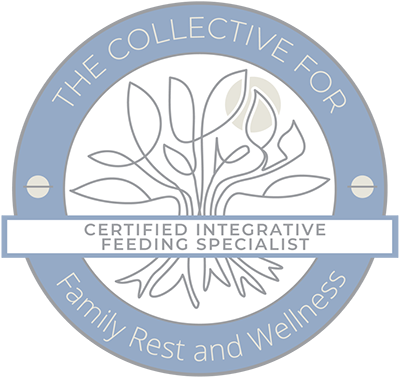|
A whole year, really? How did your wee newborn, curled up on your chest, turn into a babbling, active toddler? Somehow, those long days became a short year. Happy birthday, baby! As you move into toddlerhood from 12 to 18 months, get ready for some roller coasters when it comes to food and sleep, including new schedules and routines. The non-stop eating tends to slow down, and toddlers typically only gain a few pounds between the ages of one and two. Continue to offer a variety of healthy foods for meals and snacks, but don’t get too concerned if they’re not that hungry.
our drooly, smiley baby is learning so many new things from nine to 12 months old, and they should be getting a lot of good sleep in their schedule to balance out those long wakeful stretches and process new skills. “Generally, babies at this age are having two naps, and hopefully those naps are at least an hour, if not two hours or more,” says Erin Neri, a certified paediatric sleep consultant in Sherwood Park, Alta. “They should be able to stay awake for three to four hours between naps.” She adds that there are a small percentage of kids who start to go down to one nap around 11 to 12 months, but dropping the morning nap typically happens around 15 months.
Your baby’s nighttime sleep often starts to lengthen a bit more, up to six hours at night. You may also start to see the beginnings of a schedule that works for both of you, whether it’s a baby that wants to eat as soon as they wake up or one that needs some snuggling and playtime first. “We know that there’s a fairly wide range of ‘normal’ for newborn sleep,” says Alexis Dubief, a child sleep consultant in Vermont and author of Precious Little Sleep. “It could be anywhere between 14 and 17 hours a day. The reality is that everything in that zone is normal for that individual child.”
The newborn phase is the most intense getting-to-know-you you’ll ever experience, as you attempt to figure out what your tiny human needs for sleeping and feeding. Will they have a reliable schedule or routine? Probably not. Newborns sleep a lot. Or they don’t. Or they sleep really well during the day and are ready to play from midnight to dawn with the occasional catnap. Sometimes they feed All. The. Time. And often they switch things up, just when you think you’ve finally got an idea of what to expect.
Still, many parents find it helpful to have a rough idea of a schedule and what could be coming, week by week. Here’s what to keep in mind when it comes to sleep, wake times, feeding and diaper changes in the first four weeks. Now that you’ve made it through the “fourth trimester” and all the ups and downs that come with it—welcome to months four and five! When your baby is around five months old, you will probably see more of a schedule with dedicated nap times—usually two naps a day. Many parents also find that on-the-go napping comes to an end around five months, as your kiddo needs their own quiet, dark space to settle down to snooze. Sleeping for 12 hours a night is becoming a possibility, even if you’re not there yet. “A four-month-old or five-month-old often needs a feeding at night, but around six months, if they’re growing on their curve and everything is fine health wise, then there absolutely is that ability to sleep 12 hours,” says Erin Neri, a certified pediatric sleep consultant in Sherwood Park, Alta.
For overtired parents who can’t seem to get their kids on a healthy
sleep schedule, the promise of a magic pill can be pretty enticing. However, it seems that more and more doctors and parents are turning to melatonin as a Band-Aid for sleep issues for their children. I get emails all the time from people telling me they are giving their babies melatonin to help them fall asleep at night, and I have serious concerns about this. An article titled Too many children being prescribed melatonin to aid sleep, experts warn ... via www.theguardian.com - shares my concerns plus the concerns of even more medical experts. "After a surge in the number of children under 14 being admitted to hospital with sleep disorders over the last decade, specialists are concerned that it [melatonin] is being given to children “off label” – with little knowledge of the long-term safety or side-effects." Dr. Neil Stanley, an independent sleep expert and former director of sleep research at the University of Surrey. "Unless a child has a diagnosed condition such as autism that has been scientifically proven to be helped by melatonin, there is no medical rationale for a child to be given it,” he said. “Most paediatricians know little about sleep or melatonin. For non-autistic children, it is a fashionable treatment for parents wanting ‘perfect' children.” "Dr Liz Bragg of the Royal College of Paediatrics and Child Health, said: “I don’t want to criticise fellow practitioners by saying it is being overprescribed, but I wouldn’t like to prescribe it unless work has been done to make sure the right sleep advice has been given and ... the right bedtime routine to wind down to sleep is put in place."-Sarah Marsh; TheGuardian.com. Well, I don't agree that "parents (are) wanting perfect children"; I do think many parents and pediatricians are looking for solutions when things get desperate with their little ones lack of sleep. Being sleep deprived as a child or as a parent is not an easy thing to cope with. When you have a baby that doesn't sleep for more than a couple of hours at a time (if you're lucky), or a toddler/preschooler that takes hours to get to sleep, only to have them wake up in a few hours and you have to start all over again; it's exhausting, to say the least. Not only are parents dealing with the mental and physical consequences of sleep deprivation; but the situation can cause a lot of anger and frustration, even resentment towards your child. However, here's the deal: Melatonin is a hormone that is naturally secreted by your brain and is present in every person’s body. Taking synthetic Melatonin is NOT a long-term solution to poor sleep habits. Healthy sleep habits need to be taught at a young age to set kids up for a lifetime of healthy sleep habits. As Dana Obleman says SleepSense Magazine; ".. giving {Melatonin} to kids who aren't sleeping well is the equivalent to giving Tylenol to someone who has a broken leg. You may alleviate the symptoms, but you're NOT fixing the problem." “Bad sleeping habits.. won't just go away with time." While some studies have shown that melatonin can be helpful with children with autism or children with ADHD, most babies and children do not need melatonin; they need to be given the opportunities to develop their sleep strategies and develop good sleep hygiene. Here's why: Alright, let me just start off here by saying, honestly and sincerely, no judgment for what might have gone down in the last couple of months.
I know... I’m a pediatric sleep consultant and you may think that I’m going to chastise you for the late bedtimes, unenforced rules, inconsistent schedules, or any of the “inadvisable rules” that may have taken place over your summer vacation. But I get it. I really do. I’m a mom myself and I know how precious these summer months are. You want to squeeze every minute of joy and togetherness you can from these glorious days. If it’s a choice between consistent bedtimes and staying up to later for the block party, or a day of fun out with the cousins or camping, I mean c’mon. That’s no choice at all. So, no matter what might have happened over the summer vacation, all is forgiven. The mission now is to get your child back on track so that they can get back to sleep at a reasonable hour the day before they head back to school. So, I hope you’ll keep reading without fear of any finger wagging or talk of what you should have done differently. I promise you, it’s not in here. This is a question I often asked my first son when he was an infant. I asked it in a sweet voice, I asked it in a pleading voice, I asked it in an angry voice, but no matter how many times I asked, he never gave me the answer.
I can remember the night, and some of you will know exactly what I’m talking about, when I felt like I could not take it anymore. My son just would not stay asleep and I had hit rock bottom, exhausted from waking up multiple times every night and having to soothe him back to sleep. My husband found me at 3:00 in the morning sobbing away in our living room. Is your baby waking up multiple times a night? If you want your family sleeping through the night again, my services are right for you!
|
To The Moon and Back Sleep ConsultingProviding families the tools & support they need to get their little ones sleeping through the night and napping like champs! Everyone has more fun when they are well rested! Visit Wollino - Discount Code: TOTHEMOONANDBACK10
Browse
All
|
All information provided on this website, including texts, images, and other materials, are for informational purposes only and should not be considered a replacement for assessment or treatment by a healthcare provider.
© COPYRIGHT 2016-2024 TO THE MOON AND BACK SLEEP CONSULTING. ALL RIGHTS RESERVED. WAKING GIRL WEB DESIGN
© COPYRIGHT 2016-2024 TO THE MOON AND BACK SLEEP CONSULTING. ALL RIGHTS RESERVED. WAKING GIRL WEB DESIGN

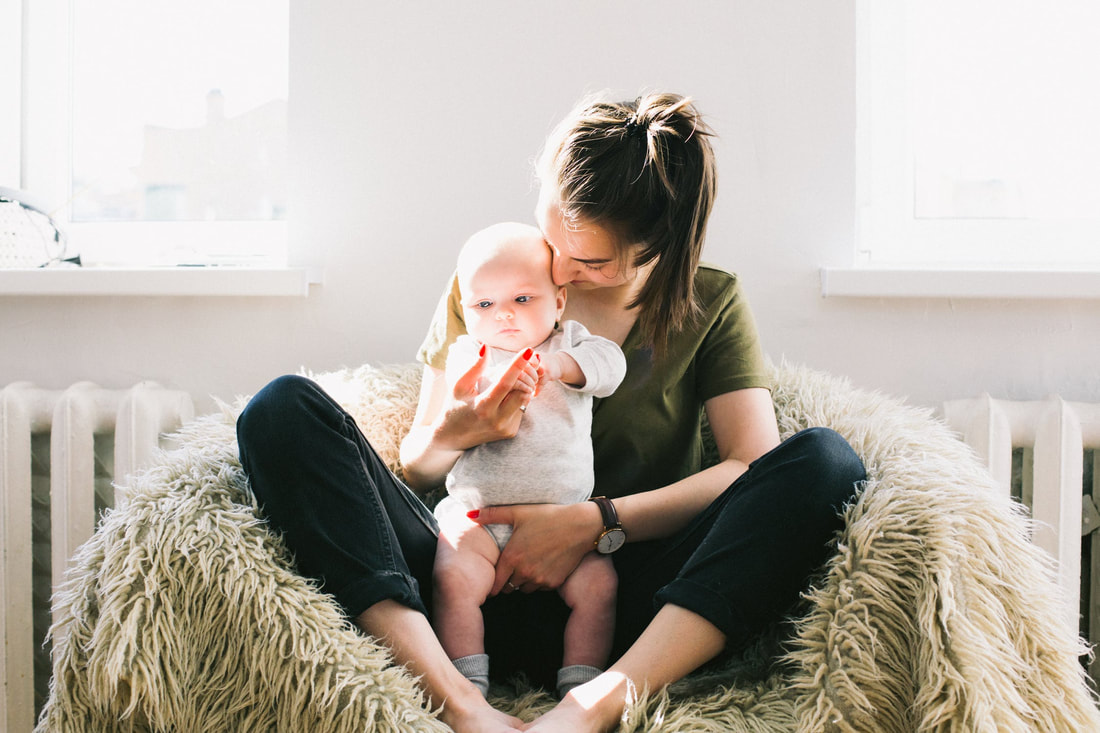
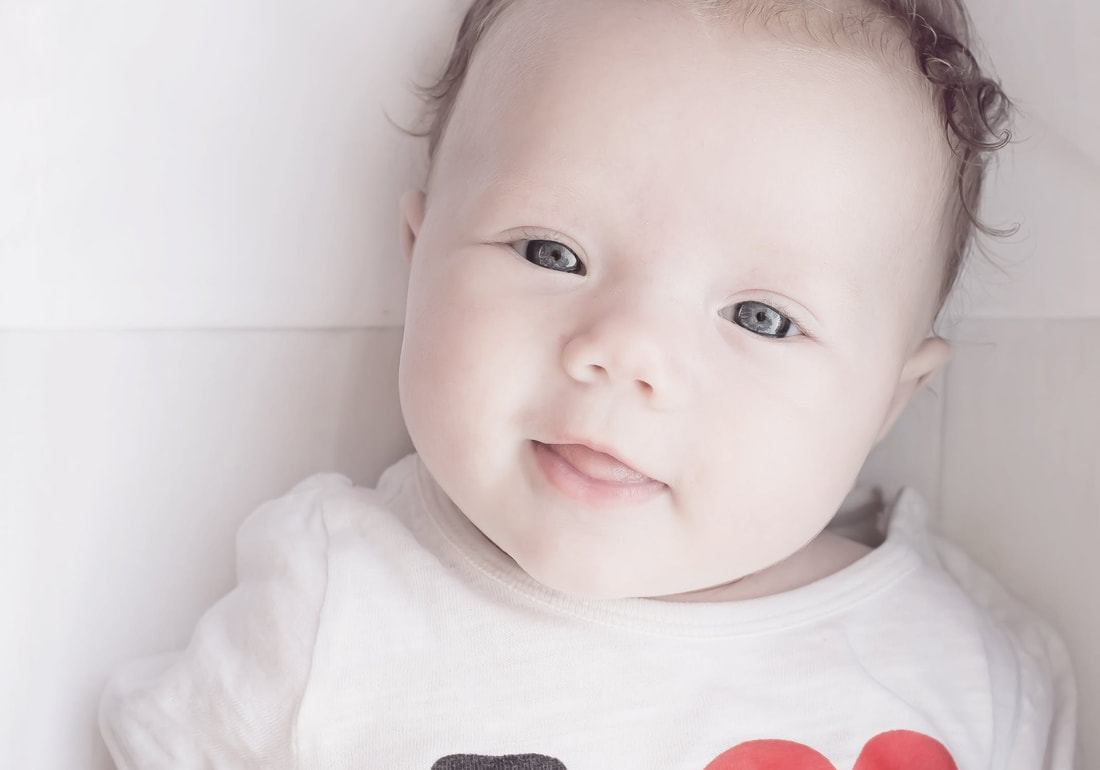
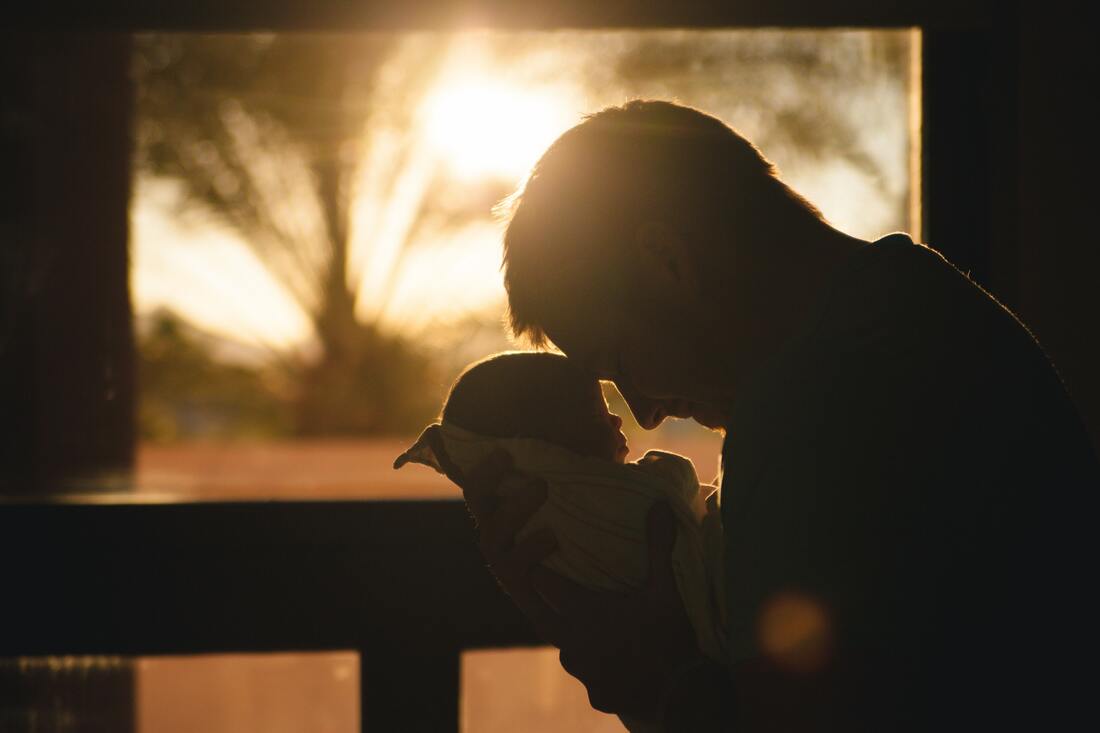
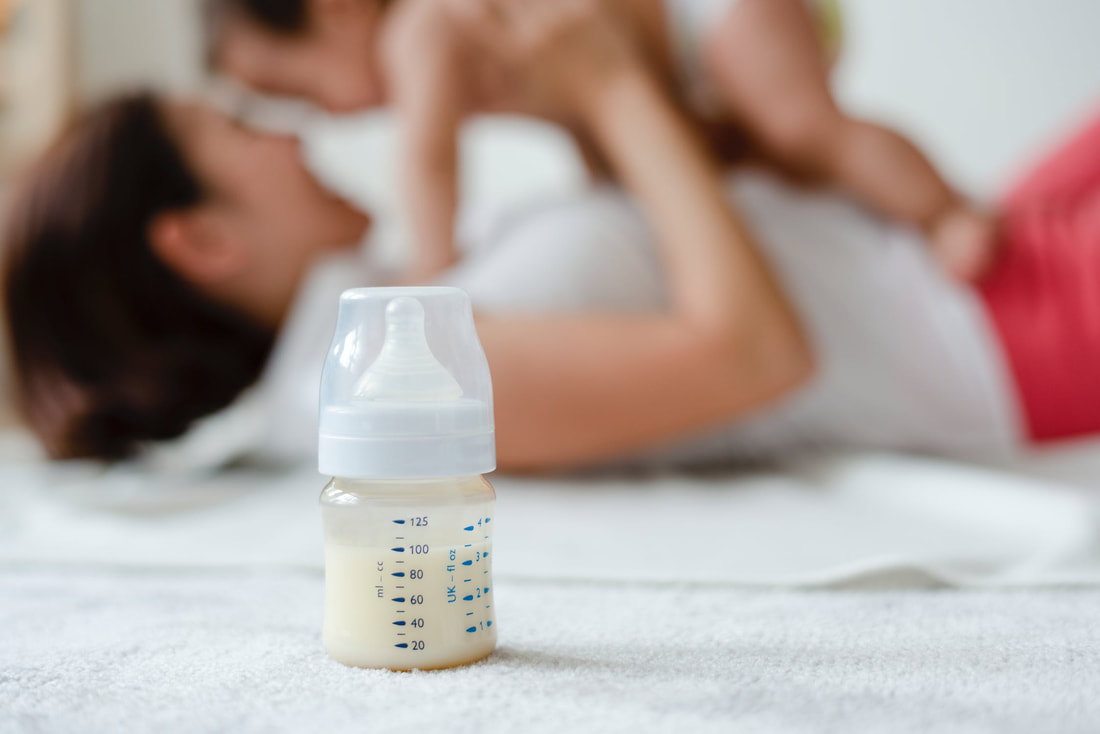
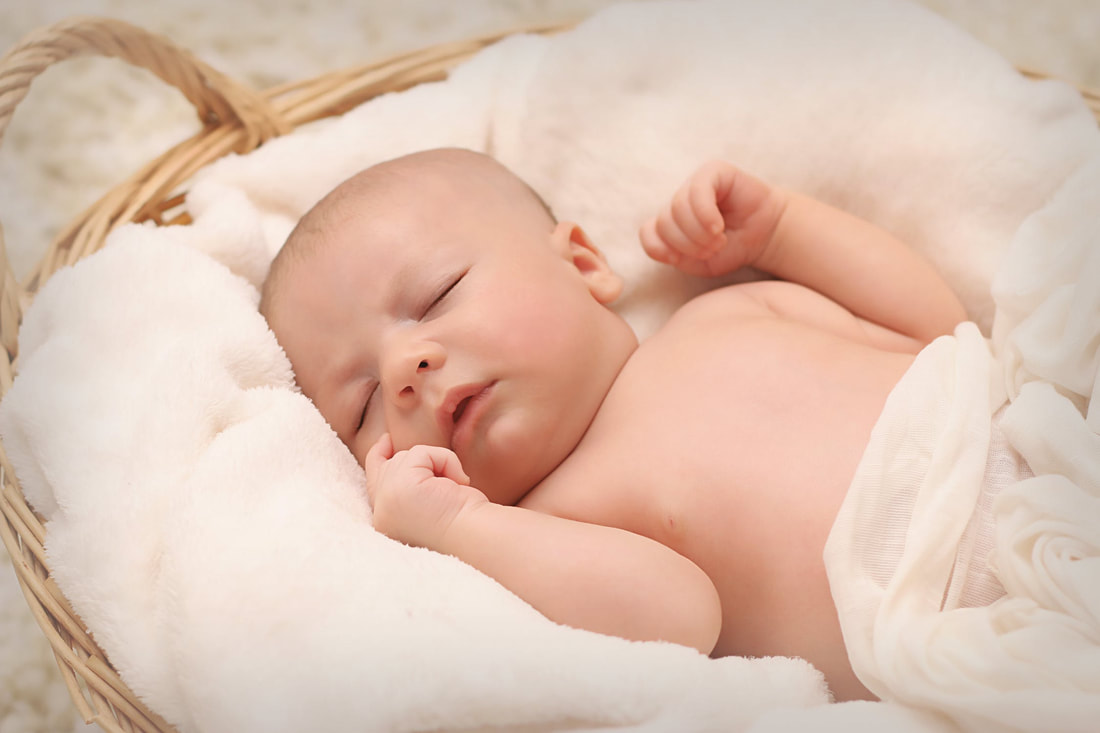
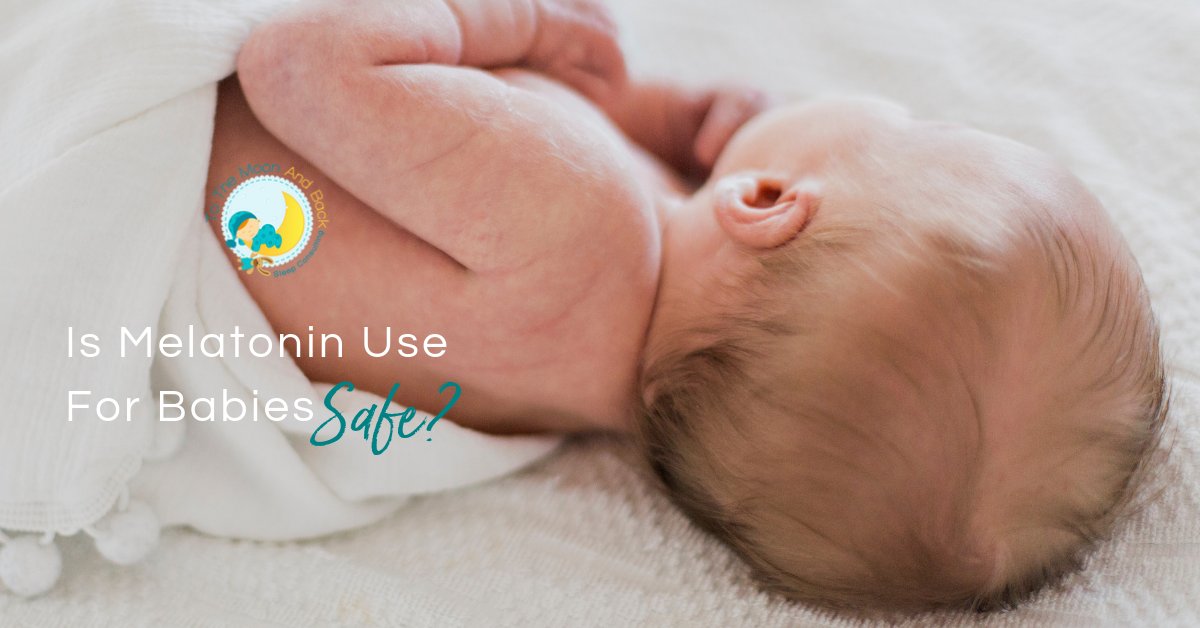
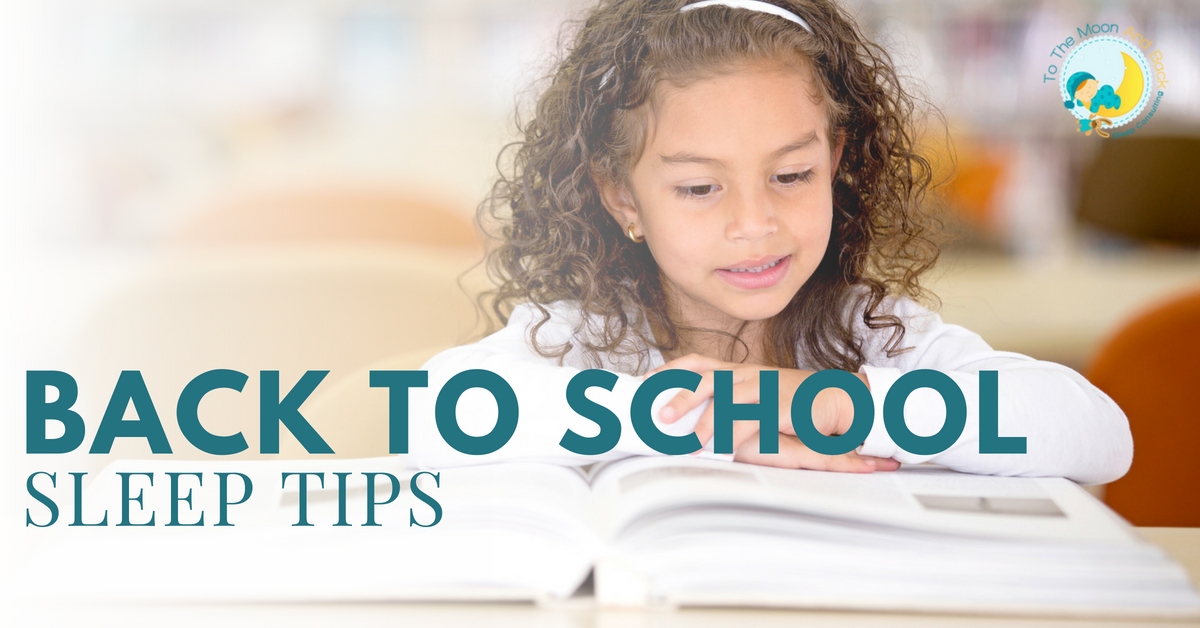
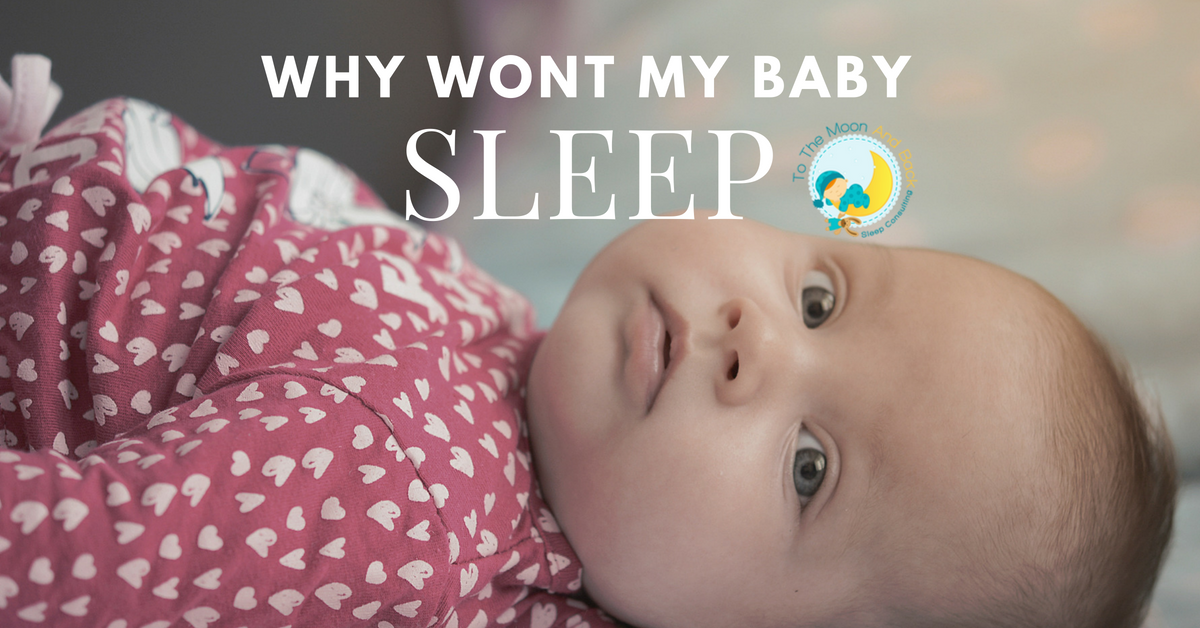
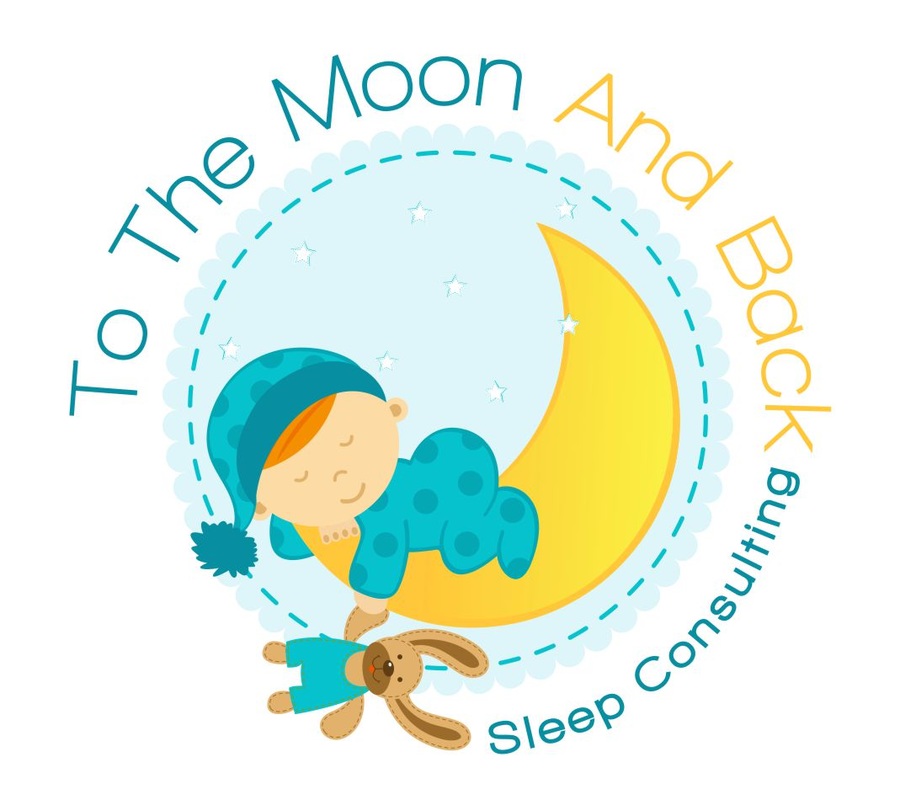
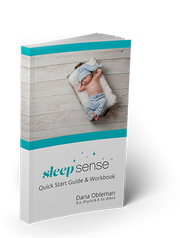
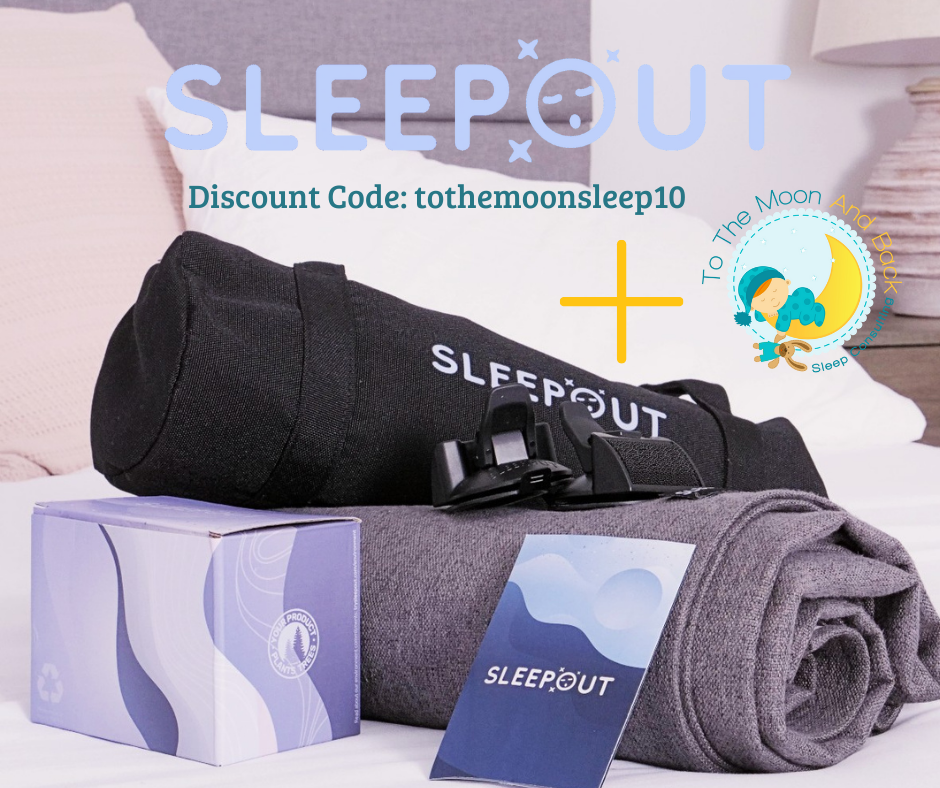


 RSS Feed
RSS Feed
